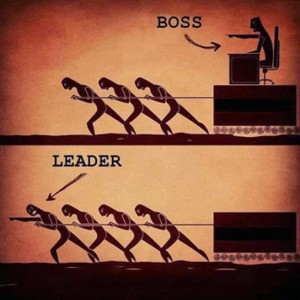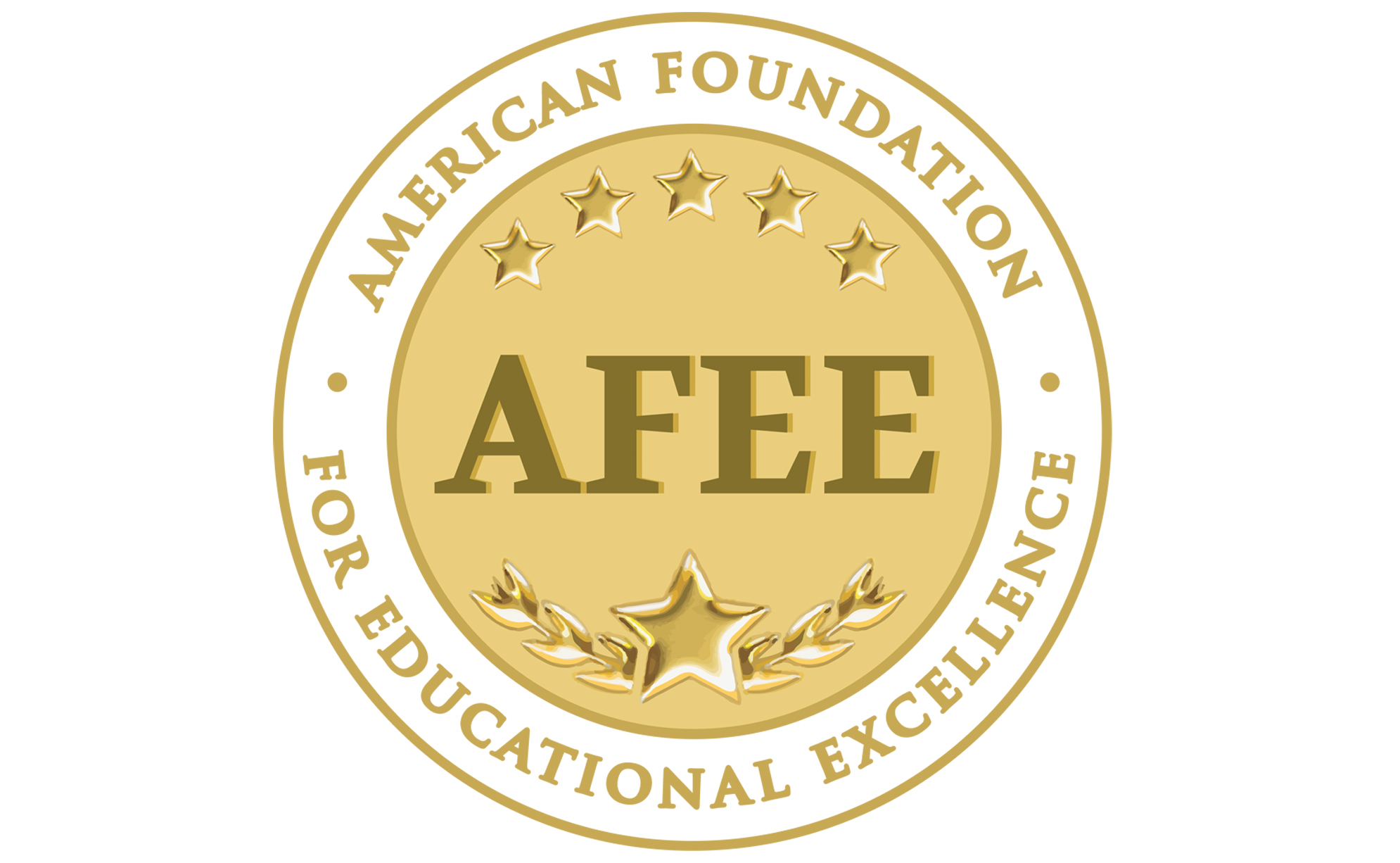Services Offered: Improving Programs
We work closely with our clients to ensure that our services are tailored to meet their needs.
We work with educational institutions to improve their academic programs by conducting appropriate analysis, review, and program evaluation, and we help them to successfully implement the changes we recommend.
- Professional Development
- Mentoring: Setting Up Mentorship Programs
- Better Incorporating Technology in Education
- Improving Ethics and Leadership Skills
1- Professional Development
a- Teaching and learning skills
b- English communication skills
c- Emotional intelligence
d- Team building
a- Teaching a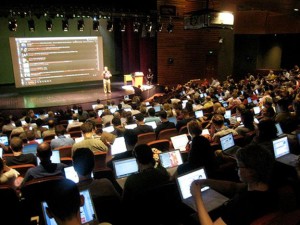 nd Learning Skills
nd Learning Skills
We work closely with faculty members on setting instructional goals, analyzing subordinate skills to be taught, analyzing learners and contexts, writing performance objectives, assessing students to make sure they have reached the set objectives (including developing assessment rubrics and conducting formative and summative evaluations), coming up with the best instructional strategy (teaching methods), and using tailored instructional materials.
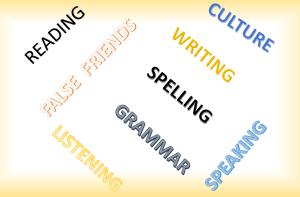
b- English Communication Skills
After analyzing the English communication skills of the different stakeholders, we work closely with them on bridging the gap between their desired level and their actual level of communication. We tailor all our support to their actual needs in the different departments and schools.
Emotional intelligence plays a big role in a person’s success in life. Emotions shape who we are and what we do; they cannot be separated from our thinking, successes, or failures. We need to start giving them the importance they deserve and learn how to deal with them properly, especially now, at a time when education is being reshaped by emerging information technologies. According to Megan Boler (1999), emotions affect our cognitive and moral perceptions, our ethical attention and vision, our inquiries and analyses, and our pedagogies. We need to develop more creative alternatives for emotions’ roles in educational practices (p. xviii). Helping teachers and students to improve their emotional intelligence (EI) will serve to improve the whole teaching and learning process at the institution and to better prepare students for the real world. This would involve helping them to improve the following: a. Self-awareness, b. Mood management, c. Self-motivation, d. Impulse control, and e. People skills (empathy, communication, inter-personal relationships, etc.). Incorporating emotional intelligence skills in education would include an awareness of the concept of “affective filter” (Krashen, 1982) that can play a huge role in either preventing or enhancing thinking and learning.
We work closely with stakeholders (administrators, teachers, and students) to make sure that they all work well together in teams.
We work closely with relevant stakeholders on organized teamwork and its benefits, on the organization of teams, the characteristics and duties of team leaders, ways of evaluating meetings and making future ones more productive, the evaluation of team development, the assessment of team functioning, ways of helping team members identify what they do well as a team, determine where they need improvement, and agree on strategies for making changes, and ways to properly negotiate conflicts. We work closely with relevant stakeholders on MINDFULNESS.
2- Mentoring: Setting Up Mentorship Programs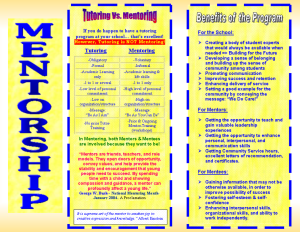
The OBJECTIVE behind setting up a peer and cross-age mentoring program is to offer academic, social, and emotional support in order to educate the Whole Person; to help all students succeed, do their best, and reach their full potential.
The BENEFITS FOR THE INSTITUTION include creating a body of student experts that would always be available when needed; building for the future; developing a sense of belonging and building up the sense of community among students; promoting communication; improving success and retention; enhancing delivery of service; and setting a good example for the community by conveying the message: We Do Care!
The BENEFITS FOR MENTORS include getting the opportunity to teach and gain valuable leadership experiences; getting the opportunity to enhance personal, interpersonal, and communication skills; and getting Community Service hours, excellent letters of recommendation, and certificates.
The BENEFITS FOR MENTEES include gaining information that may not be otherwise available in order to improve possibility of success; fostering self-esteem and self-confidence; and enhancing interpersonal skills, organizational skills, and ability to work independently.
3- Educational Technology: Better Incorporating Technology in Education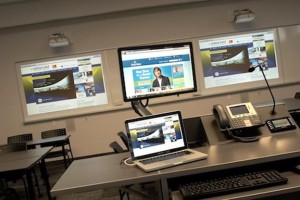
“If we Teach Today as we Taught Yesterday, then we Rob our Children of Tomorrow” — John Dewey
We work closely with all stakeholders to improve the way technology is incorporated in the classroom. We study th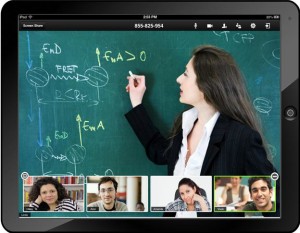 e factors that might be hindering the proper integration of technology in the classroom (example: functional fixedness? Digital immigrants vs. digital natives?); we explore the Technological Pedagogical Content Knowledge (TPCK) that educators need to have when integrating technology in the classroom; we train teachers to use different relevant and effective technological tools in the classroom; we work on bridging the gap between digital immigrants (the teachers) and digital natives (the students); and we help improve online learning.
e factors that might be hindering the proper integration of technology in the classroom (example: functional fixedness? Digital immigrants vs. digital natives?); we explore the Technological Pedagogical Content Knowledge (TPCK) that educators need to have when integrating technology in the classroom; we train teachers to use different relevant and effective technological tools in the classroom; we work on bridging the gap between digital immigrants (the teachers) and digital natives (the students); and we help improve online learning.
4- Improving Ehics and Leadership Skills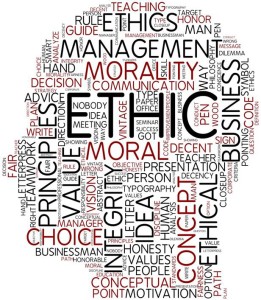
Establishing the norm for ‘Leadership that Serves’ among all stakeholders.
We help the institution to establish the norm for Transformational Leadership. We help all stakeholders to become committed to excellence and innovation. We help all stakeholders to develop uncompromising integrity and ethics. We help all stakeholders to acquire outstanding communication skills. We help all stakeholders to become proactive, begin with the end in mind, put first things first, think “Win-Win,” and seek first to understand…then to be understood.
